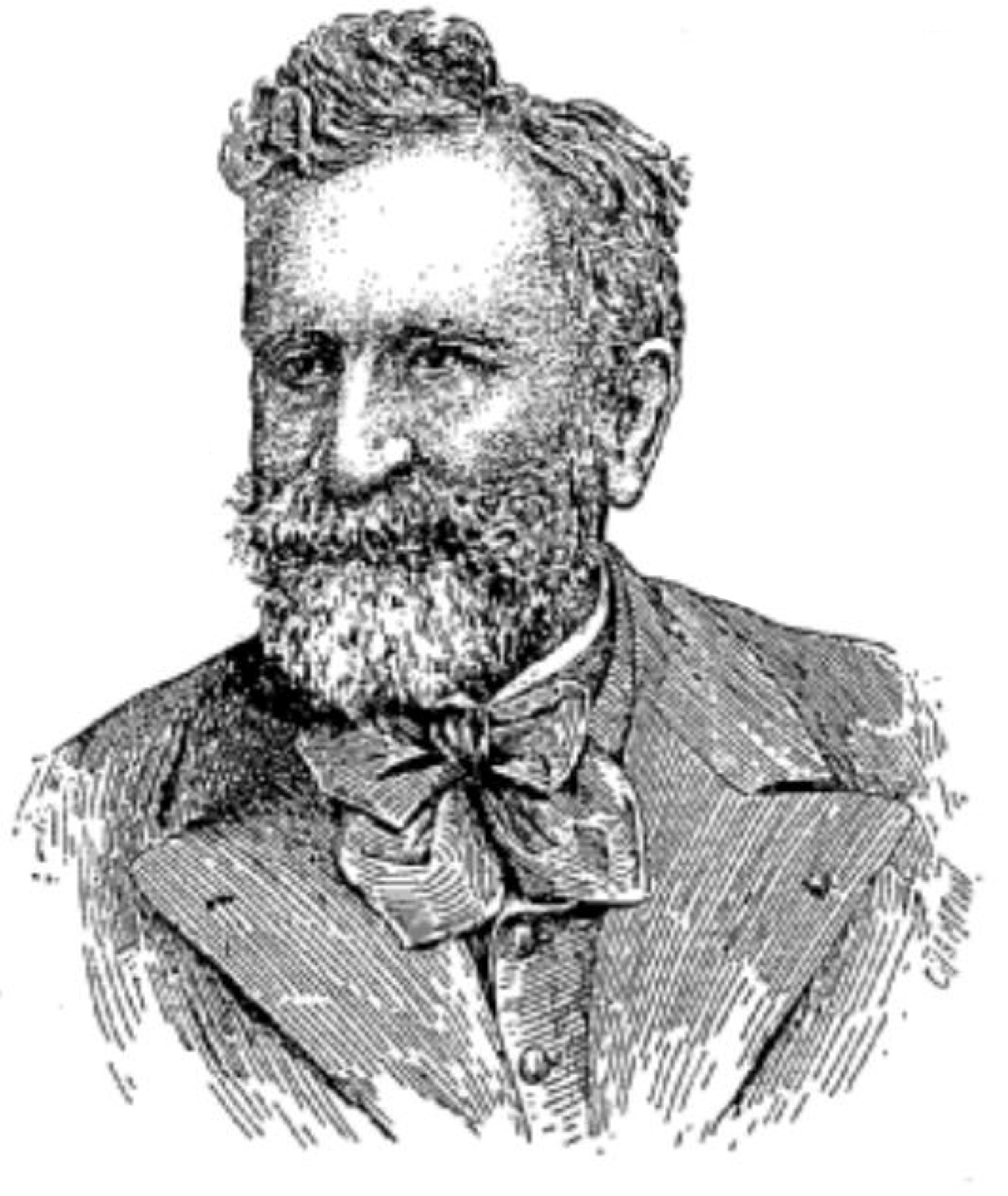Marie Henri d'Arbois de Jubainville on:
[Wikipedia]
[Google]
[Amazon]
 Marie Henri d'Arbois de Jubainville (; 5 December 1827 – 26 February 1910) was a French
Marie Henri d'Arbois de Jubainville (; 5 December 1827 – 26 February 1910) was a French
Works
a
Open Library
{{DEFAULTSORT:Arbois de Jubainville, Marie Henri d 1827 births 1910 deaths Collège de France faculty French archivists French philologists French medievalists Celtic studies scholars Members of the Académie des Inscriptions et Belles-Lettres Writers from Nancy, France École Nationale des Chartes alumni
 Marie Henri d'Arbois de Jubainville (; 5 December 1827 – 26 February 1910) was a French
Marie Henri d'Arbois de Jubainville (; 5 December 1827 – 26 February 1910) was a French historian
A historian is a person who studies and writes about the past and is regarded as an authority on it. Historians are concerned with the continuous, methodical narrative and research of past events as relating to the human race; as well as the st ...
, philologist
Philology () is the study of language in oral and written historical sources; it is the intersection of textual criticism, literary criticism, history, and linguistics (with especially strong ties to etymology). Philology is also defined ...
and Celtic scholar.
Career
He qualified as a lawyer in 1850, and entered a seminary with the intention of becoming a Catholic priest, but his attention turned to French history and in 1851 he left theÉcole des Chartes
École may refer to:
* an elementary school in the French educational stages normally followed by secondary education establishments (collège and lycée)
* École (river), a tributary of the Seine flowing in région Île-de-France
* École, S ...
with the degree of palaeographic
Palaeography ( UK) or paleography ( US; ultimately from grc-gre, , ''palaiós'', "old", and , ''gráphein'', "to write") is the study of historic writing systems and the deciphering and dating of historical manuscripts, including the analysi ...
archivist. He was placed in control of the departmental archives of Aube
Aube () is a French department in the Grand Est region of north-eastern France. As with sixty departments in France, this department is named after a river: the Aube. With 310,242 inhabitants (2019),Gaul
Gaul ( la, Gallia) was a region of Western Europe first described by the Romans. It was inhabited by Celtic and Aquitani tribes, encompassing present-day France, Belgium, Luxembourg, most of Switzerland, parts of Northern Italy (only during ...
; in 1870 he brought out an ''Étude sur la déclinaison des noms propres dans la langue franque à l'époque mérovingienne''; and in 1877 a learned work on ''Les Premiers habitants de l'Europe'' (2nd edition in 2 vols. 1889 and 1894).
Next he concentrated his efforts on the field of Celtic language
The Celtic languages (usually , but sometimes ) are a group of related languages descended from Proto-Celtic. They form a branch of the Indo-European language family. The term "Celtic" was first used to describe this language group by Edward ...
s, literature and law
Law is a set of rules that are created and are enforceable by social or governmental institutions to regulate behavior,Robertson, ''Crimes against humanity'', 90. with its precise definition a matter of longstanding debate. It has been vario ...
, in which he soon became an authority. Appointed in 1882 to the newly founded professorial chair of Celtic at the Collège de France
The Collège de France (), formerly known as the ''Collège Royal'' or as the ''Collège impérial'' founded in 1530 by François I, is a higher education and research establishment ('' grand établissement'') in France. It is located in Paris n ...
, he began the ''Cours de littérature celtique'' in 1908 extended to twelve volumes. For this he himself edited the following works: ''Introduction à l'étude de la littérature celtique'' (1883); ''L'Épopée celtique en Irlande'' (1892); ''Études de droit celtique'' (1895); and ''Les Principaux auteurs de l'Antiquité à consulter sur l'histoire des Celtes'' (1902).
He was among the first in France to study the most ancient monuments of Irish literature with a solid philological preparation and without prejudice.
Personal life
He was born at Nancy, son of Charles-Joseph d’Arbois de Jubainville and Henriette de Beaufort de Gellercourt, a couple who were greatly influenced byJean-Jacques Rousseau
Jean-Jacques Rousseau (, ; 28 June 1712 – 2 July 1778) was a Genevan philosopher, writer, and composer. His political philosophy influenced the progress of the Age of Enlightenment throughout Europe, as well as aspects of the French Revolu ...
. He married Melanie de Plante-Wildentag in 1857. After her death, in 1863, he married Charlotte de Pinterville de Cernon with whom he had children, including a son, Paul.
See also
*List of archivists
This is a list of archivists. An archivist is an information professional who assesses, collects, organizes, preserves, maintains control over, and provides access to records and archives determined to have long-term value. Some of the people list ...
References
*External links
*Works
a
Open Library
{{DEFAULTSORT:Arbois de Jubainville, Marie Henri d 1827 births 1910 deaths Collège de France faculty French archivists French philologists French medievalists Celtic studies scholars Members of the Académie des Inscriptions et Belles-Lettres Writers from Nancy, France École Nationale des Chartes alumni